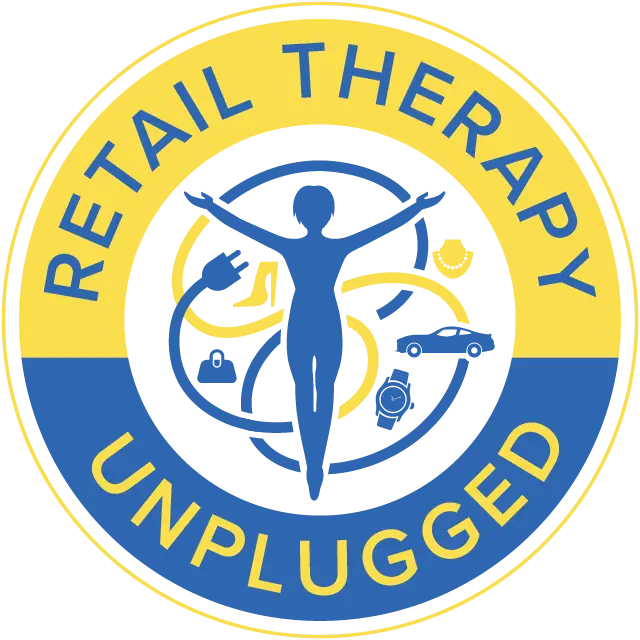FAQ
Frequently asked questions about shopping addiction, our programs, and recovery process.
Is oniomania the same as shopping addiction?
While many people use the terms interchangeably, oniomania is the clinical term for compulsive buying disorder. It shares characteristics with addiction but is technically classified as an impulse control disorder. Regardless of the terminology, if shopping is negatively impacting your life, help is available.
How do I know if I need help or if I just like shopping?
The key difference is control and consequences. If you can’t resist shopping urges despite negative impacts on your finances, relationships, or emotional well-being, it’s time to seek support. Our free assessment can help you understand your shopping patterns better.
Can oniomania really be treated with coaching instead of therapy?
Absolutely. While therapy addresses underlying psychological issues through diagnosis and treatment, coaching focuses on practical skill-building and behavior change. Our evidence-based coaching techniques, adapted from proven CBT methods, are highly effective for overcoming compulsive shopping patterns.
Is Dr. Davis accepting new clients?
Yes! Dr. Davis works with clients through all three RTU program tiers. While she personally leads the Tier 3 Personalized Transformation Coaching, her evidence-based methods guide all our programs.
Can I work with Dr. Davis if I’m not in California?
Absolutely. While Dr. Davis is licensed in California for therapy, her coaching services are available nationwide through our online platform.
What makes Dr. Davis different from other coaches?
Dr. Davis brings 20+ years of clinical psychology experience to her coaching practice. Her methods are grounded in evidence-based psychology, specifically adapted to address compulsive spending behaviors and their impact on families.
